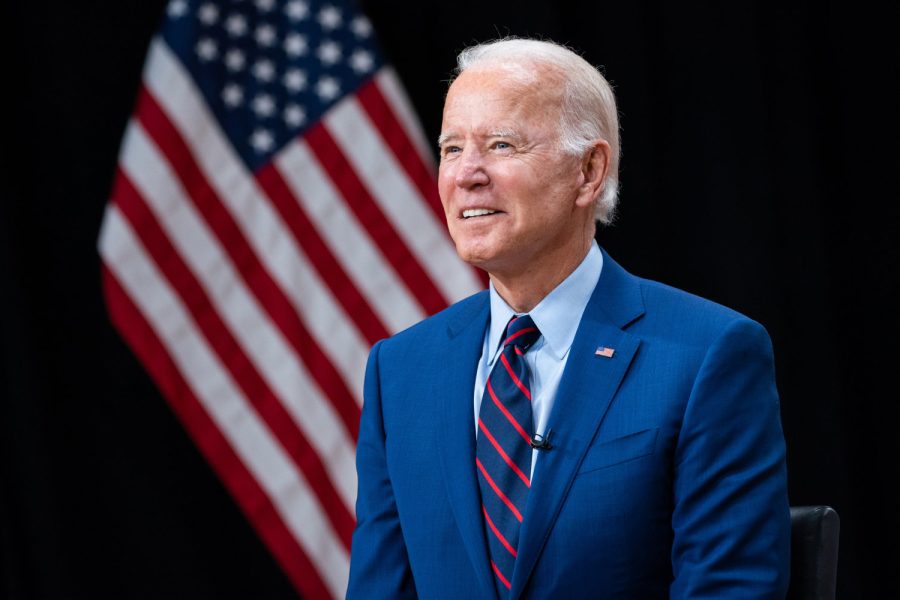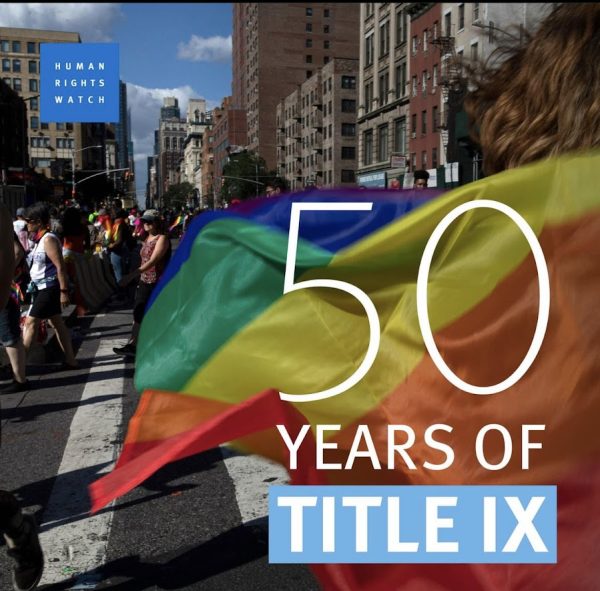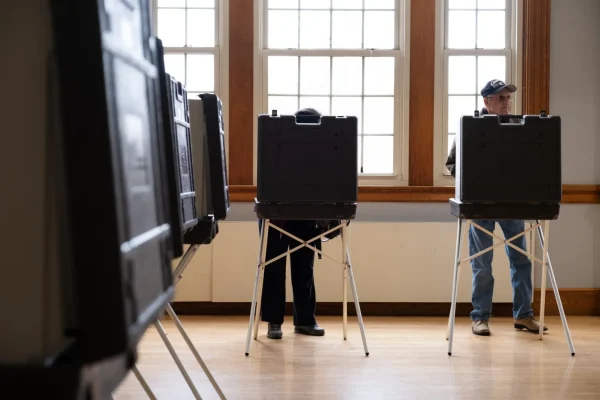Biden announces plan to pardon those convicted of simple marijuana use
Photo courtesy of Wikimedia Commons.
A portrait of U.S. President Joseph Biden in front of the American Flag.
On Thursday, U.S. President Joseph R. Biden announced a plan to pardon thousands of individuals who were incarcerated at the federal level for simple marijuana use.
This plan, titled “A Proclamation on Granting Pardon for the Offense of Simple Possession of Marijuana,” also outlines plans to urge states to take similar actions at a state level.
More specifically, the pardon grants a “full, complete, and unconditional pardon” to those who “committed the offense of simple possession of marijuana in violation of the Controlled Substances Act.” These pardons will impact more than 6,500 incarcerated individuals, not including those who were prosecuted for D.C. Code offenses.
The pardons will impact those who have been convicted of simple marijuana use or possession, but it will not impact those who have been convicted of any other marijuana-related offense.
Biden’s proclamation comes at a time when many states are legalizing marijuana, greatly opening up the market for the drug. The proclamation is also sparked by the fact that tens of thousands of Americans are still incarcerated to this day for marijuana-related offenses–largely Black and Brown people.
In a video statement issued Friday, Biden addressed these disparities, saying “Criminal records for marijuana possession have led to needless barriers to employment, to housing [and] to educational opportunities–and that’s before you address the racial disparities around who suffers the consequences.”
He elaborated, saying “While white and Black and Brown people use marijuana at similar rates, Black and Brown people are arrested, prosecuted and convicted at disproportionately higher rates.”
At a state-wide level, Biden is also taking action to urge governments to issue pardons for incarcerated individuals. In the same video statement, he said that he is “calling on all governors to do the same for state marijuana possession offenses.”
He also said that he would ask the Secretary of Health and Human Services and the Attorney General to review how marijuana is scheduled as a drug under federal law. Currently, the drug is classified as a Schedule I substance, which Biden says is “the same as heroin and LSD, and more serious than fentanyl.”
Although the only immediate effects of Biden’s plan will be to issue pardons to those who are federally prosecuted, the potential for state governments to follow suit, and for marijuana to be rescheduled as a less serious drug could help mitigate the high level of marijuana-related incarcerations.

Samuel Weinmann is a passionate journalist who is a junior international affairs major at the University of New Haven. As the editorial head of the Charger...









